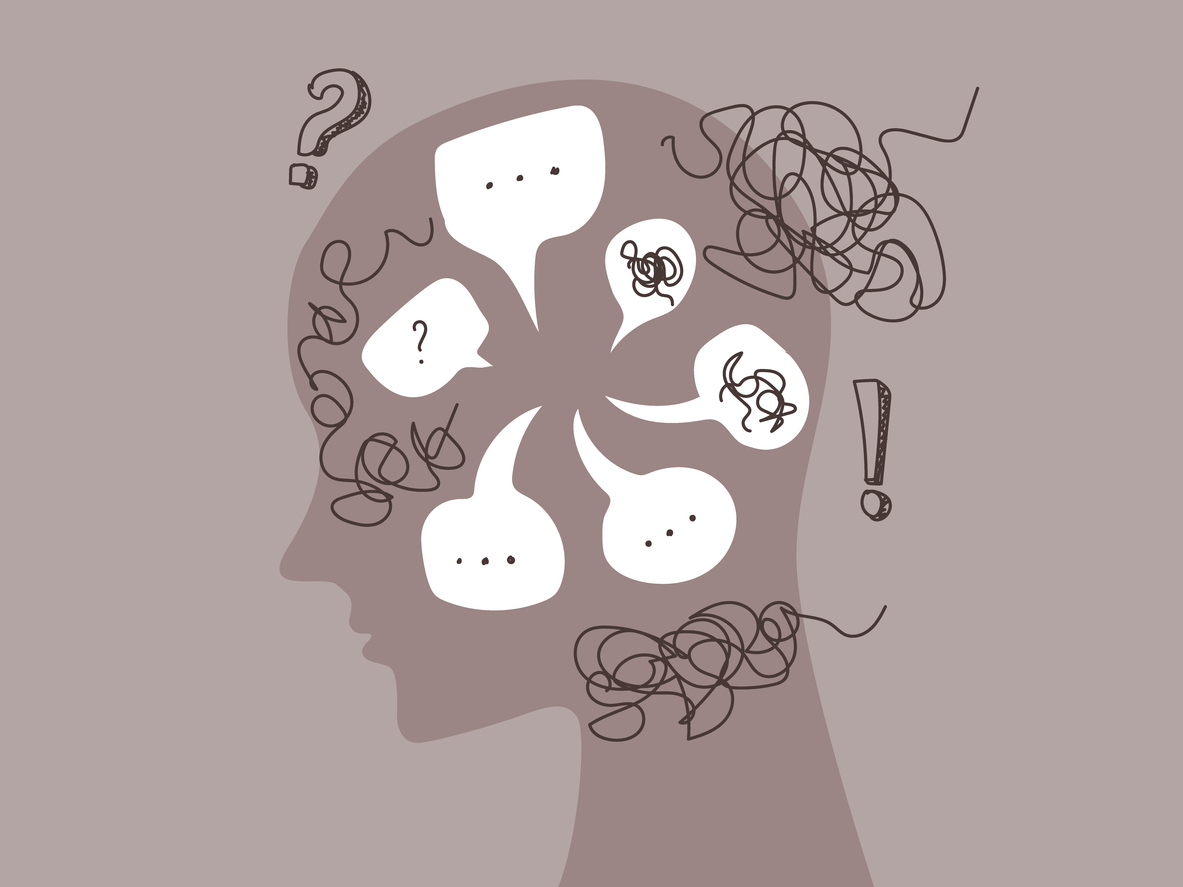Money management starts with our emotions. Hard to believe, right?
Well, it’s true. You can’t set financial goals for yourself without first understanding your money hang-ups.
Money is a heavily emotional topic. A survey from the American Psychological Association found that 72 percent of Americans feel stressed about their finances. But stress isn’t the only emotion linked to money.
Several emotions can come up when creating a budget, paying bills, earning an income, paying off debt, and whatever money decision comes up at any given moment. When making money decisions, you might feel anything from stress, shame, guilt, and fear to happiness, excitement, and relief.
Those emotions have to come from somewhere. It’s important to get to the root of those emotions so you can start shifting your mindset towards positive financial changes.
Why is Money So Emotional?
Money is tied to meeting basic needs like food, shelter, and healthcare. So, of course it’s emotional. The fear of not having enough to cover these necessities can create immense anxiety and frustration, among a host of other emotions.
For many folks, money is also deeply tied to their identity and self worth. It’s a lot of pressure. On top of that, we tend to judge ourselves pretty harshly from the money stories we play out in our heads.
Money stories are narratives we tell ourselves that indicate our current relationship with money. These could be statements that either encourage a positive relationship with money or a negative one. They could even keep us from reaching our financial goals or realizing them altogether. Where they come from could be from our earliest money memories in childhood, societal pressure, or past financial trauma.
For example, narratives like “I am bad with money” can keep you from seeking financial education. When you’re stuck in that type of narrative it becomes a sort of self-fulfilling prophecy – influencing your financial habits and decisions.
Think of these emotions and narratives like a domino effect. Your money habits can both be influenced by your emotions as well as cause other future emotions. The path of the dominos depends on your awareness of the decisions you make.
Recognizing what emotions are triggered when saving, spending, and earning money – as well as where those come from – can help positively shift your financial fitness.
How to Shift Your Money Mindset
Once you realize the money story that you’re stuck in, seek to change it. Changing your narrative from “I am bad with money” to “I am good with money” becomes a positive affirmation that encourages you to take actionable steps to learn how to actually be “good” with money – whatever that means for you and your life.
However, simply changing the narrative without understanding how it got like that in the first place won’t do you much good. To understand the way you think about money, let’s go back to the beginning. Think of your first childhood memory about money. Is there a way that it connects with your current relationship with money?
For instance, one of my first childhood money memories was watching my mom cut up her credit cards. Credit cards were this unknown entity to me but all I knew about them from that memory was that they were “bad”, which equated in my mind that spending money was also “bad”. When I got my own credit card, I was afraid to use it in fear of falling into debt and having to end up in a similar situation of shame.
Even when I knew the consequences of using a credit card, I used it recklessly at first. My impulsive financial decisions also relate to that first memory. Anytime I feel any sort of uncomfortability with money, I tend to dissociate and do whatever I want anyway because I rather not deal with any of those feelings. That in itself is another emotional reaction.
Once I realized how I overspent and the amount of debt I was in, I fell into a shame spiral. This is all too common with most money mistakes people make. But there is a way to get out of that spiral.
Stop The Shame Spiral & Take Action
Continuing with the money memory example, it wasn’t until I learned how and when to use a credit card properly that I could manage both my emotions and the act of using a credit card. I don’t know if I would have been able to change that narrative from that memory if I didn’t seek out financial education though.
That’s the crucial part. Once you identify the memory – how it made you feel then, how it makes you feel now, and what narrative came from it – you can start taking action to better your relationship with money so you aren’t stuck in those negative emotions and narratives. From there you can create actionable steps to slowly change that relationship overtime to work for you rather than against you.
Keep in mind that making this shift doesn’t happen overnight but bit-by-bit over time. The most important tools to aid you in this process are positive encouragement and practicing self-compassion, so you can move forward with a positive outlook.
Creating a routine for your financial goals like celebrating every money win, tracking towards goals and progress with fun color-in trackers, and setting up money dates with yourself or with your partner can help make the process much more fun. These can also help make regular check-ins with yourself and your finances less stressful.
Forgive Yourself Already
As you’re working to better your relationship with money, be patient with yourself as you’re making financial decisions and forgive yourself for past mistakes. Seek to understand your past so it doesn’t repeat but don’t get stuck ruminating in it.
What matters most is how you move forward.
As you move forward in your financial journey, don’t be afraid to ask for help. Check out Community Credit Union’s services and local branches in Boston and throughout Massachusetts.

